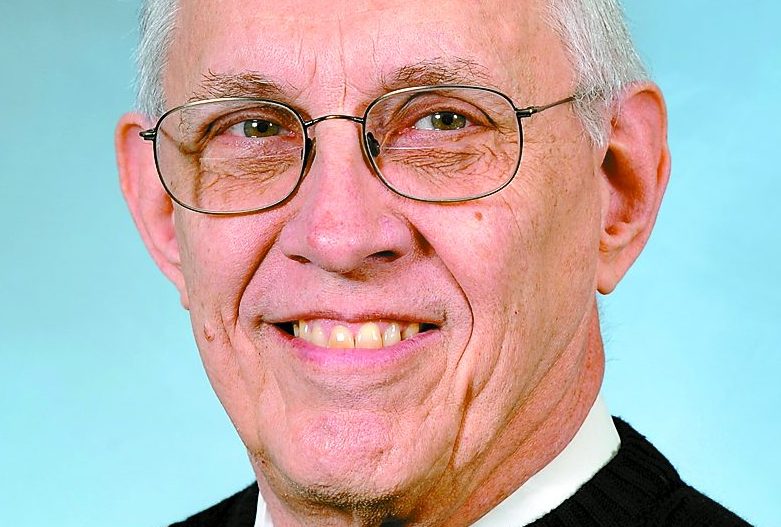Witt: Newest tax bill is not fair, equitable
Published 9:37 am Tuesday, May 15, 2018

- Chuck Witt is a retired architect and a lifelong resident of Winchester.
A recent analysis by the Institute on Taxation and Economic Policy determined 95 percent of Kentuckians will be paying higher taxes under the recently revised tax.
It should be noted, in fairness, this Institute is described as a left-leaning organization.
Its analysis predicts the following (how much more or fewer Kentuckians will pay based on annual income levels, on average):
— Less than $21,000: $93 more
— $21,000 to $37,000: $148 more
— $37,000 to $55,000: $183 more
— $55,000 to $92,000: $213 more
— $92,000 to $175,000: $135 more
— $175,000 to $427,000: $776 less
— Over $427,000: $7,086 less
The bill which sets these increases and decreases is projected to generate $430 million in the next two years from new sales and use taxes, according to the Legislative Research Commission.
Since low-income wage earners expend a greater proportion of their income on such services, they will be shouldering a greater share of this new income than those in higher income brackets.
A double whammy!
Not only do low and median income households carry a more significant burden through the changes imposed on the personal income tax, but they also get to pay a disproportionate share through new taxes on services.
While examining the issue of taxes on services, it is reasonable to ask why ALL services were not included. For instance, a partial list of services which will be taxed includes auto service, landscaping services, janitorial services, small animal vet care, pet grooming, fitness centers, golf and country clubs, dry-cleaning and laundry services (except coin operated), non-medical diet and weight centers, overnight trailer campgrounds, bowling centers and extended warranties.
While this seems like a rather comprehensive list, it does not include all services.
This tax bill also lowers taxes on corporations at the same time that it is increasing the burden on the individual median income taxpayer in this state.
It was a 417-page bill, passed over a weekend and it begs a reasonable question: How much time did legislators have to examine the bill before voting on it?
Taxes are an issue which lawmakers try to avoid, except to proclaim during election season they will not raise taxes under almost any circumstances.
But Kentucky’s tax system is, by all accounts and with the almost universal agreement, is, to be generous, flawed and demands a serious evaluation and study to make it more fair and equitable.
There has been some discussion lately about the numerous tax breaks the state makes to draw certain enterprises, such as, for instance, movie makers.
When these tax breaks don’t produce a positive return, they should be abandoned.
It will take strong will and commitment to right the state’s tax structure, but it must be done to move into the 21st century.
The newest tax bill does not, on its surface, appear to accomplish this goal.
Chuck Witt is a retired architect and a lifelong resident of Winchester. He can be reached at chuck740@bellsouth.net.





